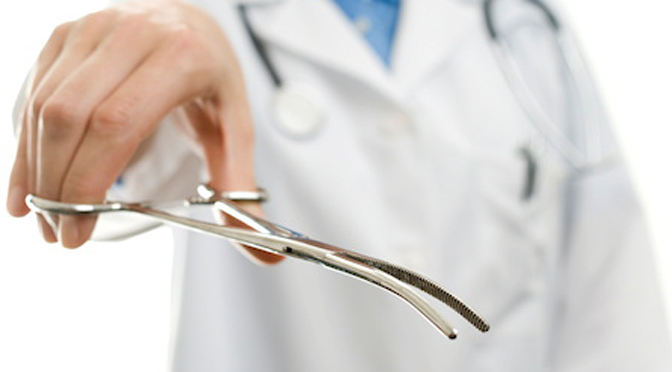Some feminists have proposed training non-medical professionals to do abortions in case abortion becomes illegal and doctors willing to do them are hard to find. In an article here, an abortionist explains why this is a bad idea, and in the process says some things about abortion’s health risks:
Abortion, particularly early suction curettage, gives the impression of not being a very difficult procedure.… However, impressions can be misleading. Ninety-nine times out of one hundred, everything goes very smoothly. But it’s that one time that can be associated with complications, some of which are very serious, even deadly.
Surgical abortion in and of itself is not that difficult to do, although there’s a bit of an art to it and is more challenging in the second trimester, particularly since it is essentially a “blind” procedure when ultrasound is not used, which is how it’s generally done. The real skill comes in with regard to preventing, recognizing and managing those infrequent complications. I used to tell residents that anyone can teach a monkey how to operate; the real skill in surgery involves clinical judgment. The same is true of surgical abortion—it is feasible for nonclinicians to do it, but without question the risks are greater in terms of infection, incomplete abortion and uterine perforation, and even more importantly, it’s not clear to me how effectively those complications would be recognized and managed. ..
[A]ll of us who are well-trained to provide abortions and who have considerable clinical experience still have complications. About once a year, the average experienced abortion provider may perforate a uterus. Indeed, a pregnant uterus is much more easily perforated than a nonpregnant one….
[I]f the best abortion providers still have occasional complications, nonclinicians who may provide such procedures on an infrequent basis will undoubtedly have a higher incidence of complications.
Tracey-Kay Caldwell. “Dr. Toub Discusses the Safety of at Home Abortions” Bella Online, 2013







